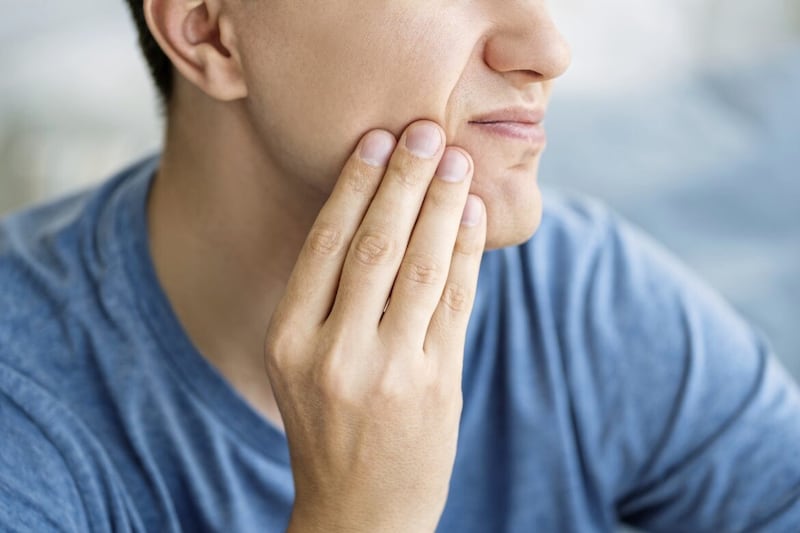SYPHILIS rates are at their highest since 1993, according to the Centres for Disease Control and Prevention (CDC). In 2015 and 2016, rates increased among men by 14.7 per cent and among women by 35.7 per cent, according to the CDC.
Syphilis is transmitted through sexual contact and needle sharing. Rates declined after 1943 when penicillin was discovered, though they began to climb again in the early 2000s. Public Health England said the impact of STIs remains greatest in heterosexuals aged 15 to 24, black ethnic minorities and men who have sex with men.
Syphilis is caused by Treponema pallidum, a microscopic organism called a spirochete. This worm-like, spiral-shaped organism infects people by burrowing into the moist mucous membranes of the mouth or genitals. Syphilitic lesions that appear in your mouth take on different forms. They can look like ulcers or firm round painless lumps or white patches on the tongue and lips. They can even cause holes to appear in the roof of your mouth.
Syphilis progresses through three stages (primary, secondary and tertiary). It is spread by direct contact with a syphilis sore during sex. It may also be spread from an infected mother to her unborn baby. Children with congenital syphilis are potentially born deaf, blind or suffer from severe bone deformities.
The primary stage involves the formation of the chancre (the painless ulcer) and can last up to five weeks. At this stage, syphilis is highly contagious. The disease can be transmitted from any contact with one of the ulcers, which are teeming with spirochetes – condoms may not prevent transmission if outside the genitals. Likewise, if the ulcer is in the mouth, merely kissing the infected individual can spread syphilis.
Twenty five per cent of people will proceed to the secondary stage of syphilis, which lasts four to six weeks. This phase can include hair loss and a sore throat; white patches in the nose, mouth, and genitals; fever, headaches and a skin rash. There can be highly contagious lesions on the genitals.
Left untreated, syphilis can spread to the rest of your body, leading to problems with the heart, eyes, bones, and skin, and, in some cases, death. So it's important to get tested and treated as soon as possible if you think you might have syphilis. Fortunately It can usually be cured with a short course of antibiotics.








